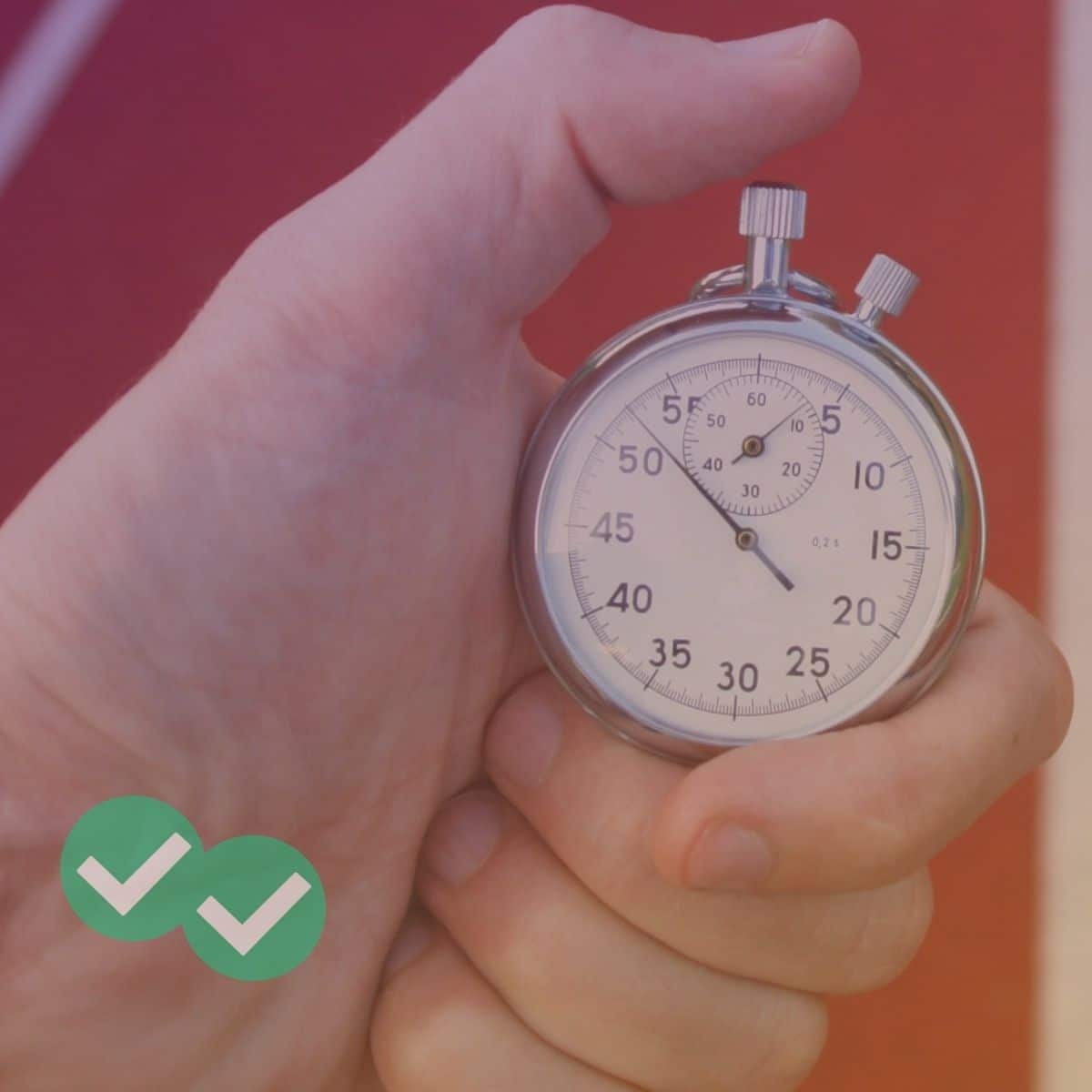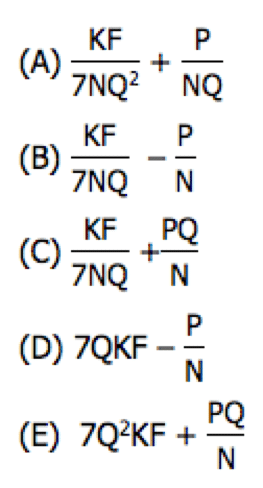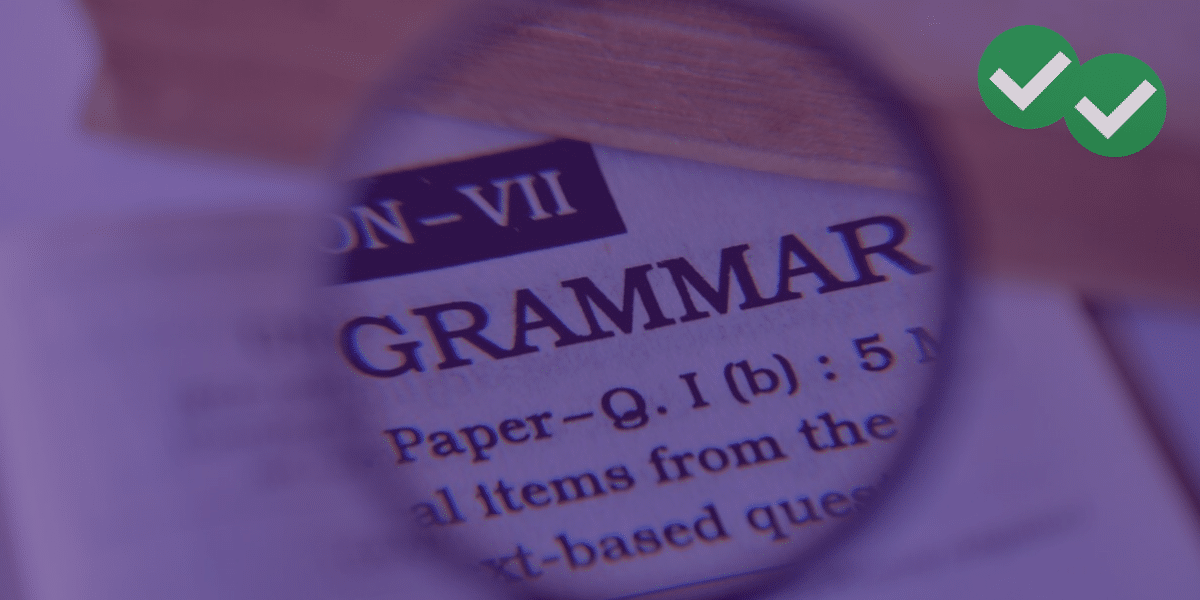Infinitives
The infinitive is the most basic default form of a verb. Verbs are listed in the dictionary by their infinitive forms. To make an infinitive, we add the preposition “to” in front of the verb: to walk, to run, to love, to buy, to sell, to be or not to be. Even though it begins with a preposition, it is not a prepositional phrase. It is an infinitive.
Infinitives function as nouns, and can take any role a noun can take. For example, an infinitive can be the subject of a sentence:
1) “To err is human.” — Seneca the Younger (4 BC-65 AD).
2) “To err is human; to forgive, divine.” — Alexander Pope (1688-1744)
3) “To err is human, but it feels divine.” — Mae West (1893-1980) 🙂
An infinitive can also be the direct object of certain verbs. The following are some verbs that idiomatically can take an infinitive as a direct object: appear, ask, claim, help, hope, know, like, make, need, persuade, propose, require, want. The following are some verbs that idiomatically do not take an infinitive as a direct object: find, prohibit, request, reveal, succeed, suggest.
Infinitive phrases
Any grammatical role that can be filled by a simple infinitive can be filled by a full infinitive phrase. What’s an infinitive phrase?
Well, the verb in an infinitive can have all the accoutrements of a normal verb: a direct object, adverbs, prepositional phrases, etc. In fact, the verb of an infinitive can have a subject: that subject will always be in the objective form (me, her, him, them) as opposed to the subjective form (I, he, she, they) normally used for subjects. Here’s an assortment of infinitives and infinitive phrases.
4) To sleep, perchance to dream: ay, there’s the rub.
5) He has forbidden his Governors to pass Laws of immediate and pressing importance, unless suspended in their operation till his Assent should be obtained; and when so suspected he has utterly neglected to attend to them.
6) A well-regulated Militia being necessary to the security of a free State, the right of the people to keep and bear Arms, shall not be infringed.
7) Is it necessary for me to give further examples?
The esteemed authors of these: #4 = William Shakespeare (1564-1616), a sentence from the famous soliloquy in Hamlet; #5 = Thomas Jefferson (1743-1826), one of the complaints against George III in the Declaration of Independence; #6 = James Madison (1751-1836), the complete text of the Second Amendment in his Bill of Rights. The last, considerably less lofty, is my own ironic self-referential example sentence J, one that demonstrates a pronoun in the objective form as the subject of the infinitive.
If such lofty sources use infinitive phrase, you can bet you will see them with regularity on the GMAT. For example, in the OG13, see SC #8, #13, #15, #16, #18, #28, #34, #39, #42 and #45: those are just a few examples of OG SC problems in which an infinitive phrase plays out either as the correct answer or as part of an incorrect answer. That’s ten examples in the first 50 practice SC questions: clearly, infinitive phrases are all over the SC section!
Here’s another practice question:
https://gmat.magoosh.com/questions/1131





